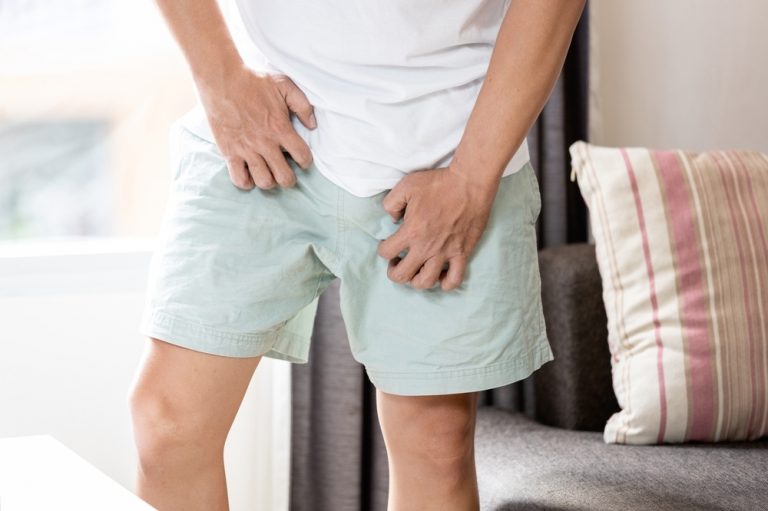As temperatures rise during the summer months, some men have noticed a curious phenomenon dubbed “summer penis.” This term refers to the observation that the penis may appear larger or fuller in warmer weather. According to Dr. Chun Tang, a GP at Pall Mall Medical, this effect is linked to the heat causing blood vessels to expand, leading to increased blood flow. The result is a softer, more relaxed appearance of the penis, particularly when flaccid. While this is not a medically recognized condition, it’s something that has been discussed and noticed by many men during the summer.
Dr. Tang explains that the changes are temporary and typically revert to normal as the weather cools down. The warmer, more humid conditions are what cause the blood vessels to expand, giving the appearance of a slightly larger or fuller penis. Although the term “summer penis” might sound amusing, it’s essentially just a result of how the body reacts to heat, much like other parts of the body that can swell slightly in warmer conditions.

Despite its seemingly harmless nature, Dr. Tang advises that men should be mindful of any sudden or unusual changes in their genital area. While “summer penis” itself isn’t a cause for concern, significant swelling, pain, or discomfort could be signs of an infection or injury that requires medical attention. It’s important to differentiate between normal seasonal changes and symptoms that might indicate a more serious issue.
The discussion around “summer penis” serves as a reminder of how external factors like temperature can affect the body in various ways. While the phenomenon might provide a brief confidence boost for some, the key takeaway is to stay aware of one’s body and to seek medical advice if anything seems out of the ordinary. As summer fades and temperatures drop, any changes should naturally reverse, but ongoing or unusual symptoms should always be checked by a healthcare professional.




